detail profile boris vasilyev
Peran Yang Di Mainkan Boris Vasilyev
 June 21 1941 Young lieutenant Kolya Pluzhnikov having...
June 21 1941 Young lieutenant Kolya Pluzhnikov having...His Name Was Not Listed 2025
June 21, 1941. Young lieutenant Kolya Pluzhnikov, having received an appointment to a permanent place of service, arrives in Brest. The crowded waiting rooms of the station and the crowd of people weighed down with luggage do not alarm the young man, filled with joyful hopes. Kolya hurries to the location of his unit - the Brest Fortress... The soldier does not have time to enlist in the personnel of the military, and at four in the morning artillery explosions are heard - the war has begun. He was not enlisted in the ranks of the military personnel of the Brest Fortress, but still took part in the first battle in his life, which lasted ten months.
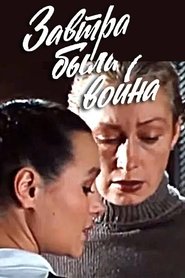 The characters of the play do...
The characters of the play do...Tomorrow Was the War 1990
The characters of the play do not know that tomorrow there will be a war, that many people have only a few days left to live. They enthusiastically fight with the teacher, fall in love, cry and laugh, have fun, fight, mischief and impudence, but they seem to be just children, although - the paradox of that time! - their souls mature and develop much faster than their bodies. And when their friend's father is arrested by slander or mistake, they are ready for the first trials, for the initial lessons of injustice and grief, mutual assistance and mutual understanding. The tragedy that happened in the classroom was a kind of test of readiness for tomorrow's sacrifices and tomorrow's exploits.
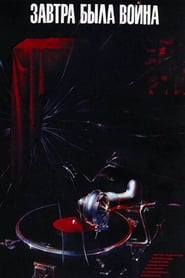 This movie is based on a...
This movie is based on a...Tomorrow Was the War 1987
This movie is based on a novel by Boris Vasiliev and describes life in a small Russian provincial town in 1940 - one year before Germany invaded the Soviet Union. The main characters of the film are ordinary Soviet high school students. They study in the Soviet school, try to be correct and ideological Komsomol activists. But not always the “correctness” suggested by the teachers coincides with the inner convictions of young souls - it is difficult for them to come to terms with the fact that their relatives and loved ones are suddenly “enemies of the people”.
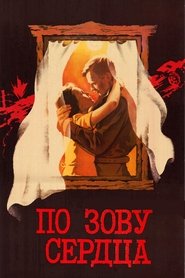 The heroes got married shortly before...
The heroes got married shortly before...By the Call of the Heart 1986
The heroes got married shortly before the start of the war. In the summer of 1941, Grigory went to the front, was wounded and evacuated along with the hospital. Attempts to find her husband were unsuccessful. Tamara went to the front line as a medical instructor, then graduated from the artillery school and became a platoon commander. And later I found out that Grigory was picked up by villagers and, having changed his oath, he remained waiting for the arrival of the Soviet Army. Realizing his mistake, Grigory realized that only with blood he could atone for his guilt - and reached the front line, no longer afraid of death. Soon Tamara received a notification of his death. After the war, she remarried and was happy, like many in the post-war years. And only the unexpected return of Gregory for a while made her doubt the legitimacy of this happiness.
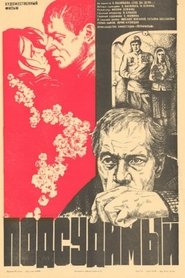 Anton Skulov a war invalid shot...
Anton Skulov a war invalid shot...The Defendant 1985
Anton Skulov, a war invalid, shot a drunk young man with a hunting rifle who climbed into his garden and ruined rare flowers that his wife, a war veteran, had grown before her death. The investigation was short-lived, the accused immediately admitted his guilt and was ready to stand trial, having already convicted himself of the murder.
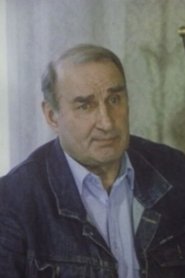 Interviews with the veterans of the...
Interviews with the veterans of the...About War 1985
Interviews with the veterans of the Great Patriotic War and VGIK alumni Grigory Chukhrai, Valentin Ezhov, Rostislav Yurenev, Vasily Ordynsky, Peter Todorovsky, Vasily Solovyov and the writer and a scriptwriter Boris Vasiliev about their war experience and war cinema.
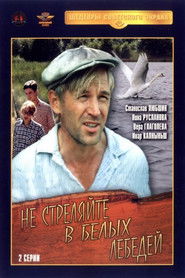 Egor Polushkin Stanislav Lyubshin is a...
Egor Polushkin Stanislav Lyubshin is a...Do Not Shoot at White Swans 1980
Egor Polushkin (Stanislav Lyubshin) is a kind-hearted, nature loving, artistic family man who is living in a small village. To his neighbors and even his wife (Nina Ruslanova) he is a walking disaster, so they frown at him and call him Bedonosec (engl. misfortune bearer). Only Egors son (Viktor Anisimov) shares his enthusiasm for the beautiful things of live. As Egor becomes the new forest ranger, this new position brings him not only joy, but it is also the source of great suffering to come, as his fondness for the living nature and especially the newly acquired white swans is in conflict with the interests of others...
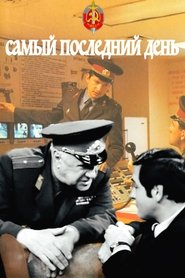 A former frontline soldier who worked...
A former frontline soldier who worked...The Very Last Day 1973
A former front-line soldier, who worked at his post for a quarter of a century, local commissioner Lieutenant Semyon Mitrofanovich Kovalev, going to the department in the morning, was most sad that tomorrow he would no longer have to go to service: tomorrow he would be retired. But the last day of his service ended tragically.
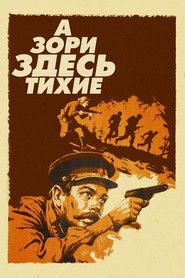 In a remote village in Karelia...
In a remote village in Karelia...The Dawns Here Are Quiet 1972
In a remote village in Karelia, Sergeant Vaskov commands an anti-aircraft unit that protects a rail depot. While his men are transferred to the front line, he is reprimanded for their unruly behavior. He retorts that he wants replacements that aren't drunks or womanizers. In response, he is assigned a unit made up entirely of young women, fresh from training.
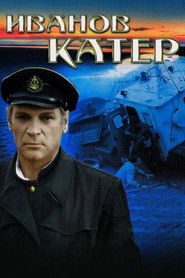 In the cramped cockpit of the...
In the cramped cockpit of the...Ivan's Launch 1972
In the cramped cockpit of the boat, of which Ivan Burlakov has long been the captain and where Elenka, not jokingly called his wife, works as a sailor, a new employee appears - the captain's assistant Sergei. Outwardly energetic and open, he quickly achieves Elenka’s love. And just as quickly - Ivan’s dismissal.
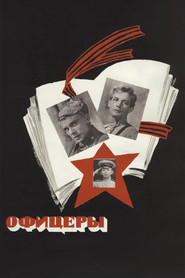 Two friends are army officers and...
Two friends are army officers and...Officers 1971
Two friends are army officers, and the turbulent times throw them from the Civil War in the early 20s to the Soviet conflict in Finland, from China to the Urals.
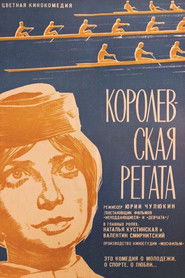 The student rowing team of the...
The student rowing team of the...A Royal Regatta 1966
The student rowing team of the Moscow Aviation Institute (MAI) was defeated in the competition. The coach drops the team and leaves, taking the best rowers with him. The remaining athletes decide to assemble a new team, and the management of the institute appoints a new coach for them — a teacher of hydrodynamics.
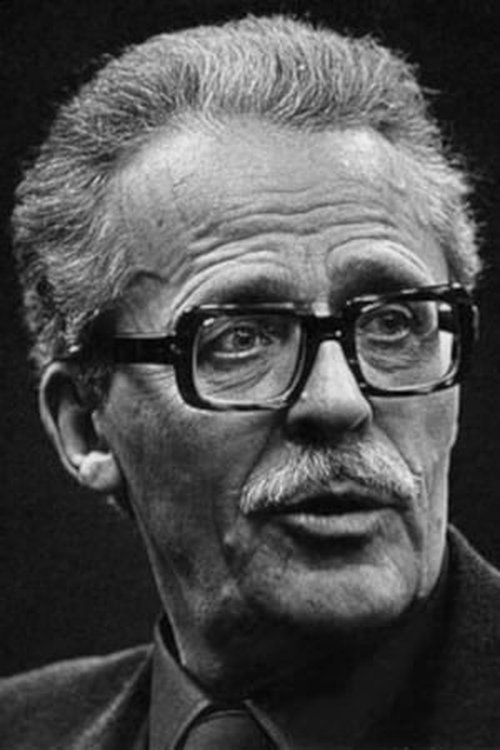
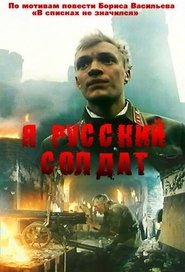
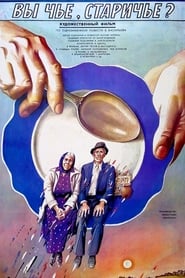 A story about two old people...
A story about two old people...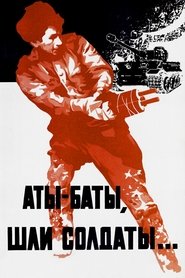 The families of 18 soldiers who heroically...
The families of 18 soldiers who heroically...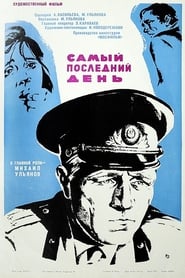
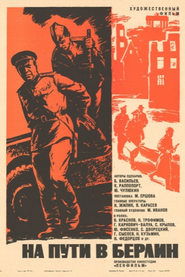 During the dangerous last days of...
During the dangerous last days of...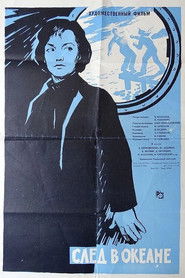

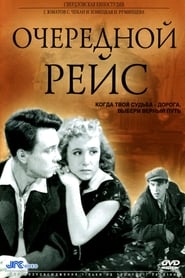 An ordinary trip suddenly becomes dangerous...
An ordinary trip suddenly becomes dangerous...